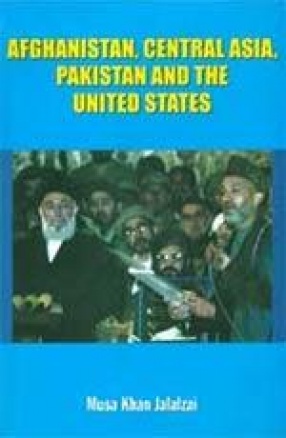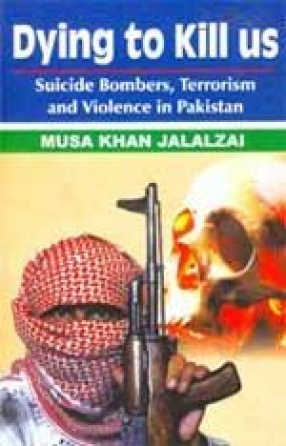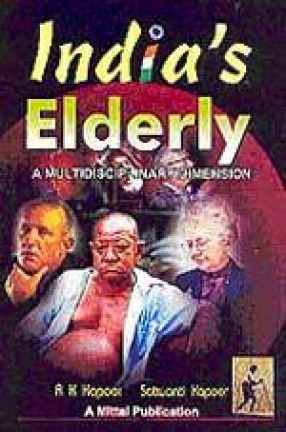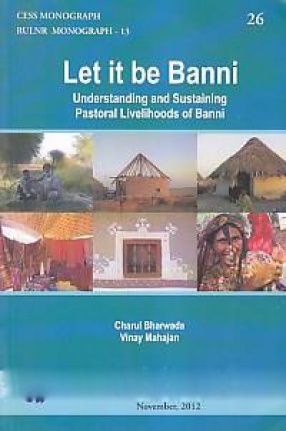As people define their identity in ethnic and religious terms, they are likely to see an “us†versus “them†relation existing between themselves and people of different ethnicity and religion existing between themselves and people of different ethnicity and religion. The end of ideologically defined state in Eastern Europe and the former Soviet Union permits traditional ethnic identities and animosities to come to the fore. Differences in culture and religion create differences over policy issues, ranging from human rights to immigration to trade. The conflict of civilizations is deeply rooted elsewhere in Asia. The historic clash between Muslim and Hindu in the subcontinent, manifests itself now not only in rivalry between Pakistan and India, but also in intensifying religious strife within India between increasingly militant Hindu groups and India’s substantial Muslim minority. Pakistan’s role in the destruction of Afghanistan widened its differences with neighboring countries. With the cold war over, the underlying differences between China and the United States have reasserted themselves in areas such as technology transfer to the Muslim world, especially, Pakistan and Iran. These differences are unlikely to moderate. A “new cold War,†Deng Xaioping reportedly asserted in 1991, underway between China And America.
Afghanistan, Central Asia, Pakistan and the United States
The horrific nature of the ...
$28.50
$30.00








There are no reviews yet.